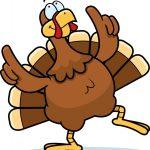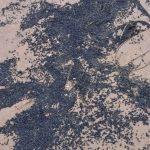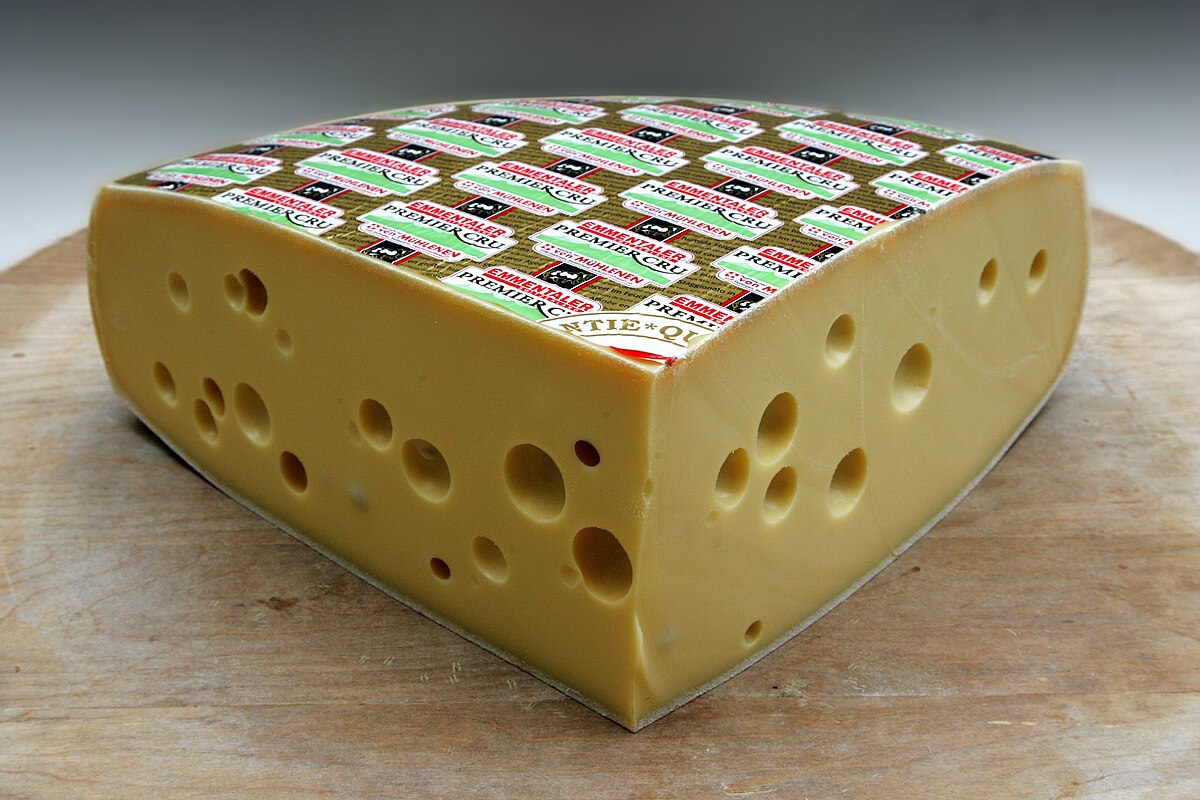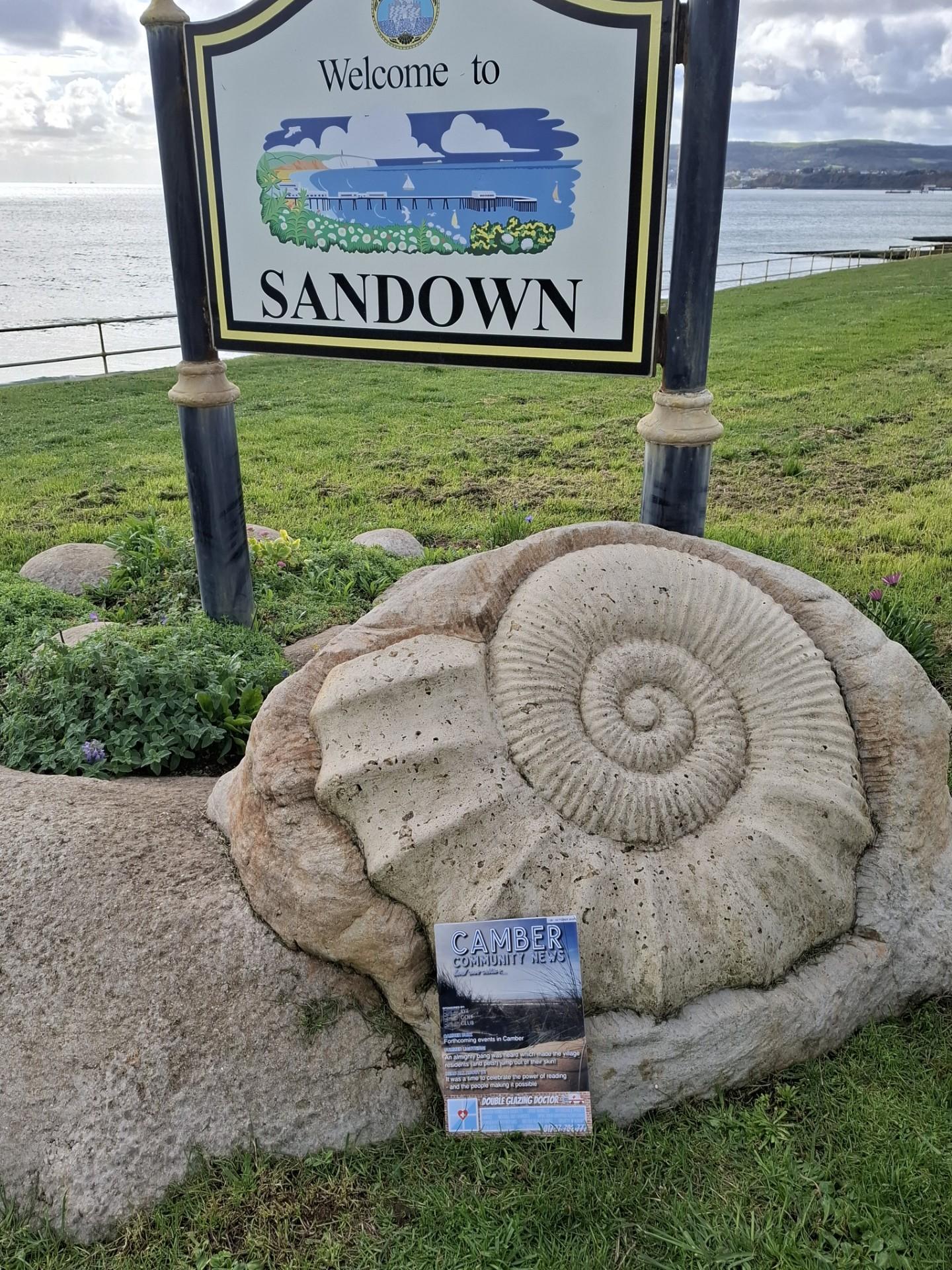In Flanders Fields (John McCrae; 1872 – 1918)
In Flanders fields, the poppies blow
Between the crosses, row on row,
That mark our place; and in the sky
The larks, still bravely singing, fly
Scarce heard amid the guns below.
We are the Dead. Short days ago
We lived, felt dawn, saw sunset glow,
Loved and were loved, and now we lie,
In Flanders fields.
Take up our quarrel with the foe:
To you from failing hands we throw
The torch; be yours to hold it high.
If ye break faith with us who die
We shall not sleep, though poppies grow
In Flanders fields.
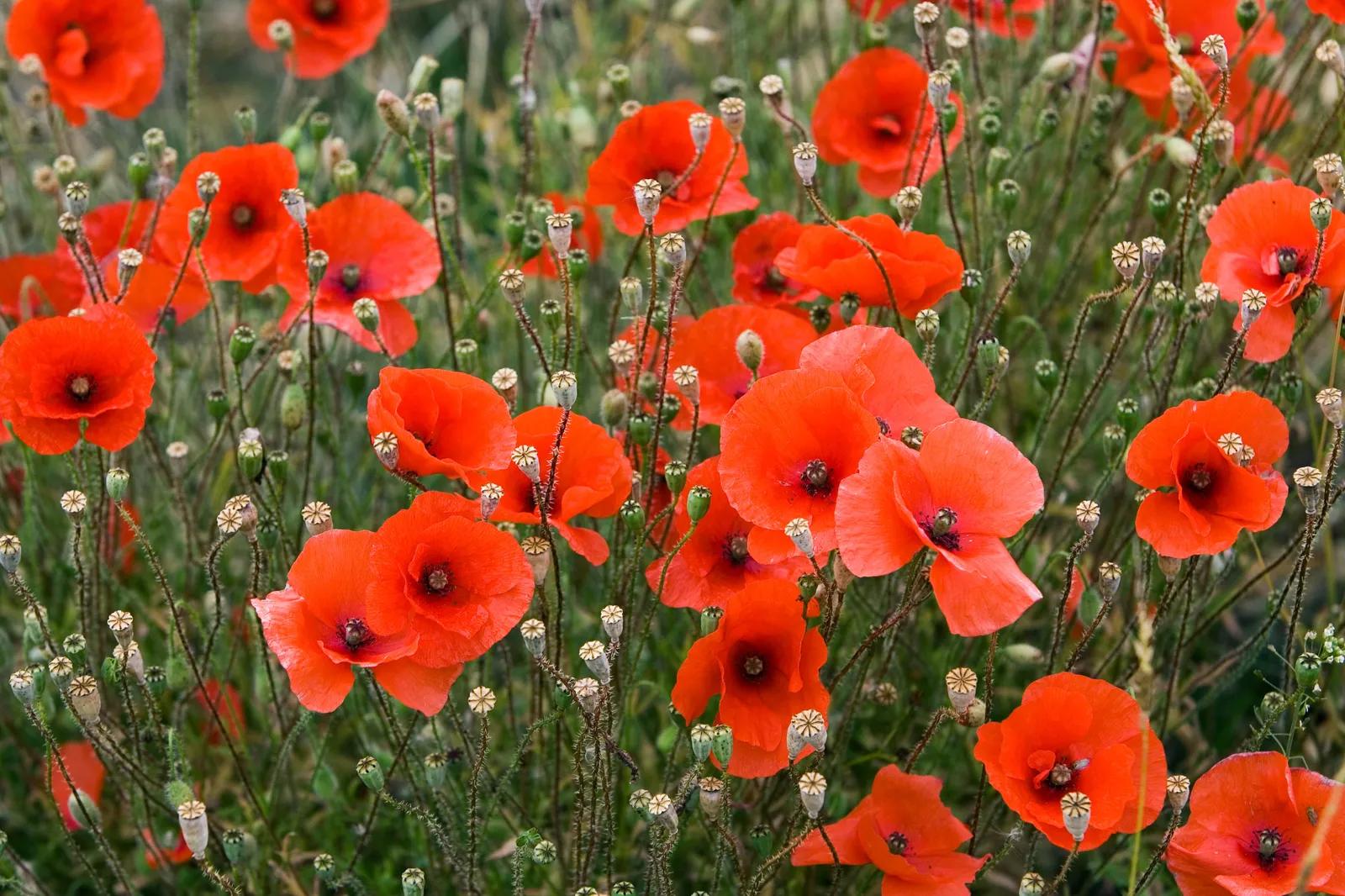
Lieutenant-Colonel John McCrae was a Canadian poet, physician, author, artist and soldier during World War I and a surgeon during the Second Battle of Ypres, in Belgium. He is best known for writing the famous war memorial poem “In Flanders Fields”. McCrae died of pneumonia near the end of the war.
When Britain declared war on Germany because of the latter’s invasion of neutral Belgium at the beginning of the First World War (1914), Canada, as a Dominion within the British Empire, was at war as well. McCrae volunteered for service at age 41.
He wrote a friend, “I am really rather afraid, but more afraid to stay at home with my conscience.” He was appointed as Medical Officer and Major of the 1st Brigade, Canadian Field Artillery.
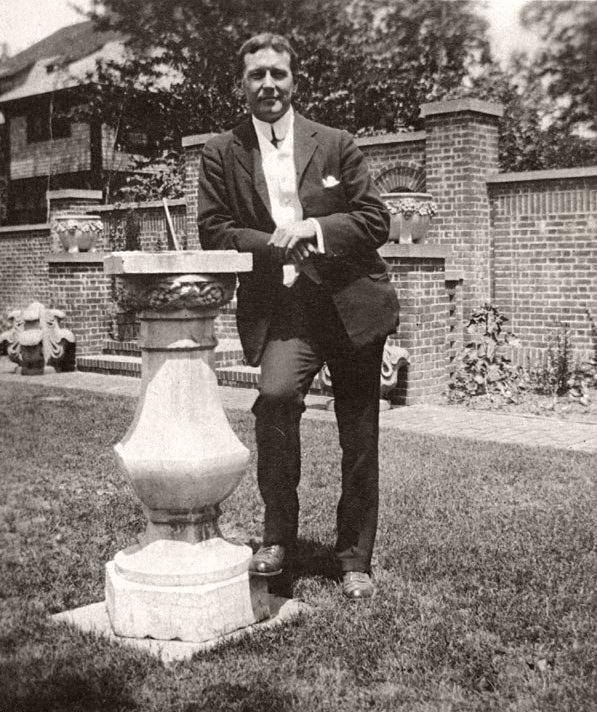
He treated the wounded during the Second Battle of Ypres in 1915, from a hastily dug 8-by-8-foot (2.4 m × 2.4 m) bunker in the back of the dyke along the Yser Canal about 2 miles north of Ypres.
McCrae’s friend and former militia member, Lt. Alexis Helmer, was killed in the battle, and his burial inspired the poem, “In Flanders Fields”, which was written on May 3, 1915.
